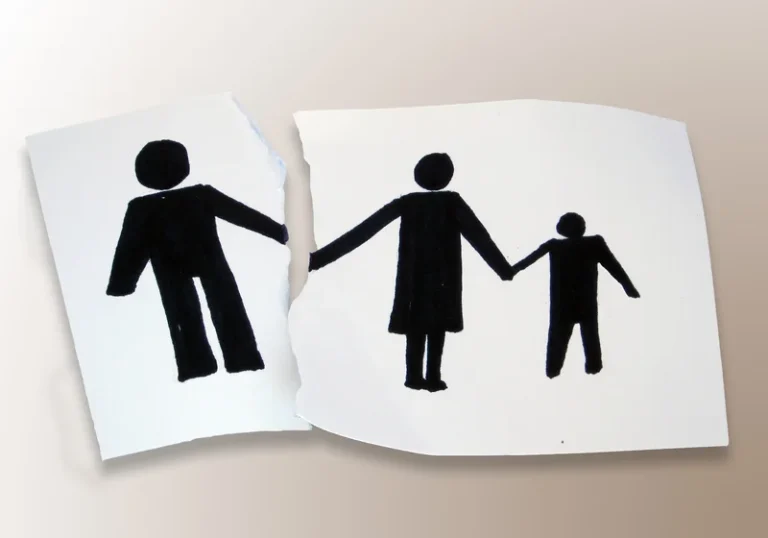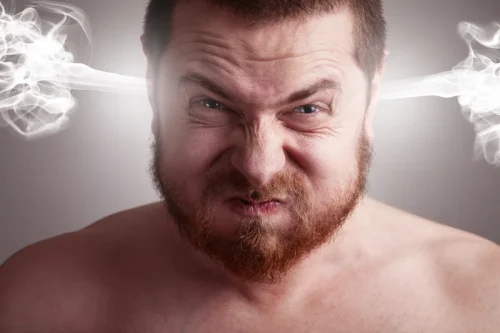
Toxic shame is at the core and leads to most of the dysfunctional patterns and conflicts. (To understand the impact of shame on relationships and codependent symptoms, see Conquering Shame and Codependency). Partners eventually need to heal deeper issues of shame and learn to be autonomous and communicate assertively. See How to Speak Your Mind – Become Assertive and Set Limits and How to Be Assertive. The supportive partner may also go through their own emotional process. SUD takes an enormous toll on intimate relationships.
- One (or both) partner’s substance use can become the source of arguments.
- In other words, it continues even when the substance use has stopped.
- Often, there is a “honeymoon” period when they’re on their best behavior and reaffirm their love and commitment.
- As a result, the partner feels resentment, fear, anger, and mistrust.
- They both feel sorry for themselves, blame one another, and have guilt and shame, but Underdog feels guilty needing help, and Top Dog feels guilty not giving it.
Tips for Being Married to an Addict in Recovery
This =https://ecosoberhouse.com/ is where the AA phrase, “Alcohol was but a symptom” can be most understood. The problems that led your loved one to their addiction likely still exist without their substance. This could be trauma, mental illness, or negative thinking patterns. Being married to someone in recovery from addiction can in unpredictable ways alter the dynamics of your relationship.
How To Respond To A Narcissist Text When You’re Sick Of The Games
These experiences may shape their attitudes towards relationships and alcohol, potentially perpetuating a cycle of alcohol misuse. Creating a healthy routine after rehab helps people in early recovery improve mental and physical health. Additionally, this will benefit the marriage as this new positive outlook and healthy marriage changes after sobriety habits rub off on their partner. The pitfalls for the affected other (people affected by a loved one’s drinking or drugging) are many.

Combining Opioids and Alcohol: Dangers and Risks
For so many of us who grew up as people pleasers, putting others before ourselves is second nature. To put ourselves first feels selfish and uncomfortable. I’m here to tell you that you need to get used to the discomfort of putting your own needs first. You need to start putting yourself first, and do your best to let go of the guilt you feel when you do. Give yourself permission to take time to go to a meeting, or do some self care, or to take some things off of your plate until you’re feeling more solid and secure. It takes practice, and a willingness from both parties to be compassionate and understanding when things come out wrong.


Contact friends and family members and make a commitment to spend quality time with Substance abuse them. This can help you to reduce the amount of blame and anger you feel toward your spouse. “Tony drinks the occasional glass of wine,” Banks said, and doesn’t exhibit any signs of an alcohol problem. Realizing that your compatibility with someone was largely predicated on drinking together can be a gut punch. My husband and I had to get to know each other all over again. My drinking self was down for a good party and talking shit on someone’s patio.

